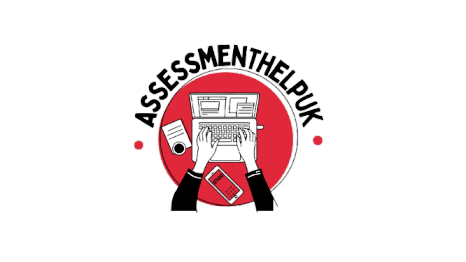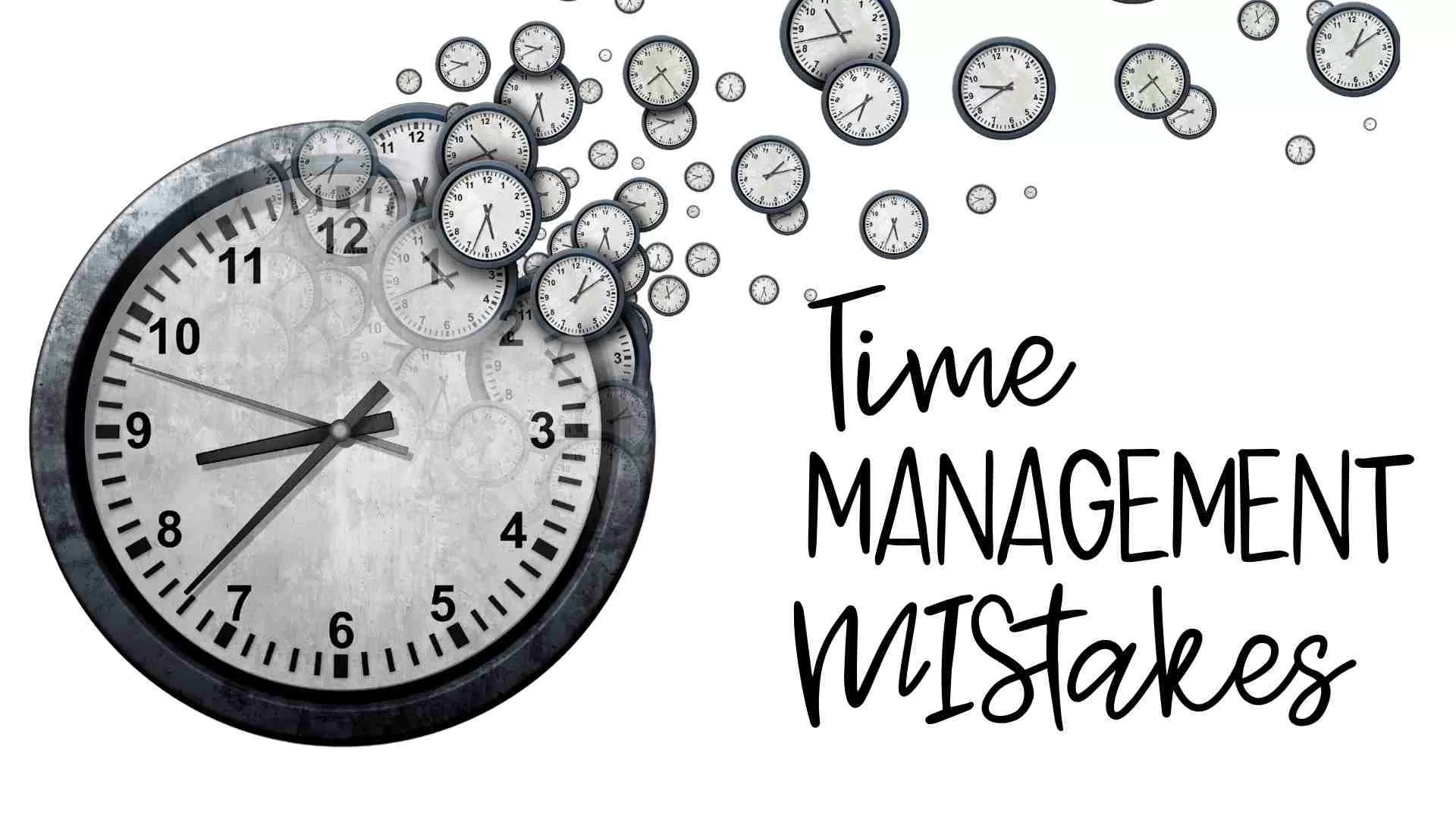Time management is not hours, planners, or alarms; it is about the relationship we have with our own attention. Everyone gets 24 hours in the day, yet some people feel a sense of calm with intentionality, and some feel completely the opposite, as if they are chasing the clock. This difference is rarely ever seen from external circumstances all alone. Instead, it comes from time management mistakes that slowly shape how we experience the day: The unnoticed patterns, the small decisions, and even the habits we repeat without ever thinking once. The good part is, these patterns aren’t permanent; they’re learned over time, which means they can be replaced and refined.
Time Isn’t the Real Problem, Attention Is
Many individuals believe they have “too much to do” and thus “don’t have enough time.” In truth, it is not all about time; it is all about focus, or rather, the actual absence of focus. It is much more overwhelming to go through the day, not because there is too much to do, but because the mind is endlessly moving in and out of thought after thought, notification after notification, conversation after conversation, and unfinished work or half-finished tasks. When attention is distributed, even a simple task feels too heavy.
But when the attention is confined, even the most intricate and complex tasks feel easy to do. So, the very first shift starts not by adding more hours to it, but by protecting the attention we already have.
The Pattern of Delay Isn’t Laziness, It’s Overwhelm
Procrastination is typically misunderstood as a lack of discipline; well, in reality, it’s a response to mental overload. Whenever tasks feel too big, unclear, or emotionally charged, the brain seeks relief by postponing them. This is usually seen as one of the most common time management mistakes, thinking about overwhelm as a distraction. Once we break work into tiny baby steps and define what “starting” really means, momentum becomes much easier, and resistance softens.
Awareness Always Comes Before Change
Time management does not always improve by force or motivation alone; it improves when we are aware of the habits that shape our day. When we observe how we choose, delay, react, and even prioritise, we then start gaining the true power to redirect those patterns in a much healthier way. The first step is seeing yourself clearly, without judgment.
Mistake #1: Trying to Do Everything at Once
One of the most common Time Management Mistakes is simply assuming that the more tasks we touch, the more accomplished we become. But in reality, multitasking quietly drains most of the mental energy. When attention span is divided all across emails, chats, ongoing projects, and other notifications, the mind is constantly restarting. This “switching cost” is invisible, yet it builds fatigue much faster than the work itself. Many people end the day with no energy, not because they did too much, but because they scattered themselves all across in too many directions.
Always proceed With One Task At a time.
When a work is fragmented, progress becomes slow and shallow. Tasks are in the pipeline, but not completely finished. And having unfinished tasks is much more expensive; the brain keeps them widely awake, constantly running in the background, occupying space that was meant to be used for other work.
Mistake #2: Planning Without Real Clarity
Another most overlooked Time Management Mistake is the belief that planning is as important as productivity. People spend hours colour-coding calendars, reorganising tasks, renaming folders, or even rearranging Trello boards, and it feels more productive because it’s something that is happening. But working on a plan without clarity is completely pointless. If the result of the task is not defined, the plan doesn’t delay the starting point.
Define “Done” Before You Begin
Turn tasks into impactful results. Instead of “work on presentation”, write a “draft slide frame + complete intro slide narrative.” When the brain sees this completion, it feels a sense of direction. And direction naturally falls into action.
Mistake #3: Overcommitting and Saying “Yes” Too Easily
Among the most common and exhausting time management mistakes is being habituated to saying “yes” faster than we think. Let it be colleagues asking for favours, friends needing help, or an extra academic commitment that “won’t take long,” we often agree before we pause. The result is not just having a busy schedule, but a crowded mind. Being overcommitted doesn’t simply take time; it takes a lot of attention, energy, and emotional capacity.
Create a Pause Before Agreeing
Right before you say yes to it, be true and fair with yourself and ask one question: “Does this support what I need to accomplish today?” If you feel the answer is uncertain, take some time to decide. That small pause creates distance, and distance creates clarity. Saying yes intentionally is still generous, just no longer self-consuming.
Mistake #4: Treating Rest as Optional Instead of Essential
Fatigue doesn’t arrive dramatically; it slowly creeps in. It shows up in the form of procrastination, mental fog, irritability, or the feeling that work is taking much longer than expected. Many people associate it with laziness, when in reality, it isn’t. It’s the brain’s way of rationing what little energy remains. Productivity slows because the mind is constantly running on an empty tank; therefore, we lack discipline.
Schedule Energy, Not Just Time
Instead of planning your day around hours, try planning it around energy cycles. Identify when your mind feels most alert at a point (it could be in the morning, afternoon, or even late at night). Work with a strong focus on those hours and secure them. Then place intentional rest in between those working blocks; 10-20 minutes is enough to reset the mind. Rest isn’t delay; it’s maintenance for consistency.
Mistake #5: Treating All Tasks as Equal
Some tasks are made to push you to go further. Some only maintain work. And some simply take time without even contributing anything that delivers impact. Without separating them, days get busy but not productive. And this is exactly where people do get confused with movement and progress. You feel active than usual, but not progressing. That’s exactly where burnout creeps up.
Identify the “One Task That Moves the Day Forward”
Start every day by opting for one key task; if accomplished, it makes the day even more meaningful. Protect that task first.
Mistake #6: Not Breaking Tasks Down into Clear, Doable Steps
A simple task might stress you out, not because it’s hard, but because it’s unidentified when the brain can’t see where to start from; it delays, which is why big tasks look totally impossible until progress actually begins. “Write a report” sounds simple, but “draft three bullet points for introduction” isn’t. The first step should always feel simple enough that the resistance can’t argue with it.
Always Define the First Micro-Step
Question yourself: What is the smallest visible action that I can take to begin this task?
Do only that first step, and the next step will reveal itself naturally.
Mistake #7: Relying on Motivation Instead of Building Systems
Motivation and emotional boundaries work proportionally to one another; they rise and fall. Routines are structural; they carry you even when motivation disappears. Most people start strong, driven by excitement, and then think Why did they come off track?” They didn’t fall; they simply lost the emotional push that initially started the habit. The problem was never ever the discipline; it was the reliance on feeling inspired. This is also where using Time Management Tools becomes helpful; tools like Trello, Todoist, and Google Calendar reinforce structure instead of relying on mood.
Create Repeatable Daily Patterns
Choose specific times or triggers for tasks (e.g., planning in the morning, deep work after lunch).
Let structure do the heavy lifting, not mood.
Mistake #8: Underestimating How Long Tasks Take
People often think tasks will consume less time than they actually do. This leads to schedules that are way too dense and unrealistic. When days consistently end with unfinished items, the brain internalises a narrative: “I am always behind.” This notion is quite demoralizing, and eventually it kills the momentum.
Add a 30% Time Buffer to Everything.
If you think something will take 1 hour, schedule 1 hour and 20 minutes.
The less tightly you plan your day, the more smoothly it flows.
Mistake #9: Allowing Constant Interruptions and No Focus Boundaries
Having small breaks or interruptions can destroy your focus. Even glancing at a notification or replying to a “quick message” resets the brain’s focus and forces it to rebuild the mental thread. People suspect that they have worked for hours when in reality they’ve just been restarting. Without protected focus time, no progress feels meaningful, only scattered and fragmented.
Create Protected Work Blocks
Silence notifications, close extra tabs, and set a visible “focus signal.”
Deep work must be chosen; it won’t happen accidentally.
Mistake #10: Ending the Day Without a Review
Most people simply stop working when they’re tired, not when the work is clarified. Ending the day without having a clear reflection means tomorrow begins unclear. And when tomorrow starts unclear, procrastination appears instantly. Reviewing the day gives closure, not just on tasks, but on the mind itself. It rewires the emotional burden, resets the sense of direction, turning scattered effort into continuity.
A 5-Minute End-of-Day Reset
Write:
- What got done
- What still matters
- The first three actions for tomorrow
Moving Forward With Clarity
Time management is more about becoming clearer. When we work with the right intention, protect our focus, and give our best in the right direction, progress becomes much steadier and sustainable. Small and subtle shifts in daily structure are overcome with time. Consistency is made quietly, one clarified decision, one returned focus at a time.
FAQs
1. How do I know if my current routine is effective?
If your tasks consistently reach completion without leaving you mentally drained, your routine is supporting you, not straining you.
2. Is multitasking ever useful?
Only when tasks are genuinely low-effort and require no decision-making, otherwise, it reduces efficiency.
3. How often should I update my task system?
Weekly check-ins are ideal, too frequent changes create noise, while too little leads to clutter.
4. What’s the biggest indicator of poor time management?
If your day feels “full” but little gets finished, the issue is likely task prioritisation rather than workload.
5. Can time management improve mental well-being?
Yes, a clearer structure reduces decision fatigue, overwhelm, and the emotional stress of unfinished work.



